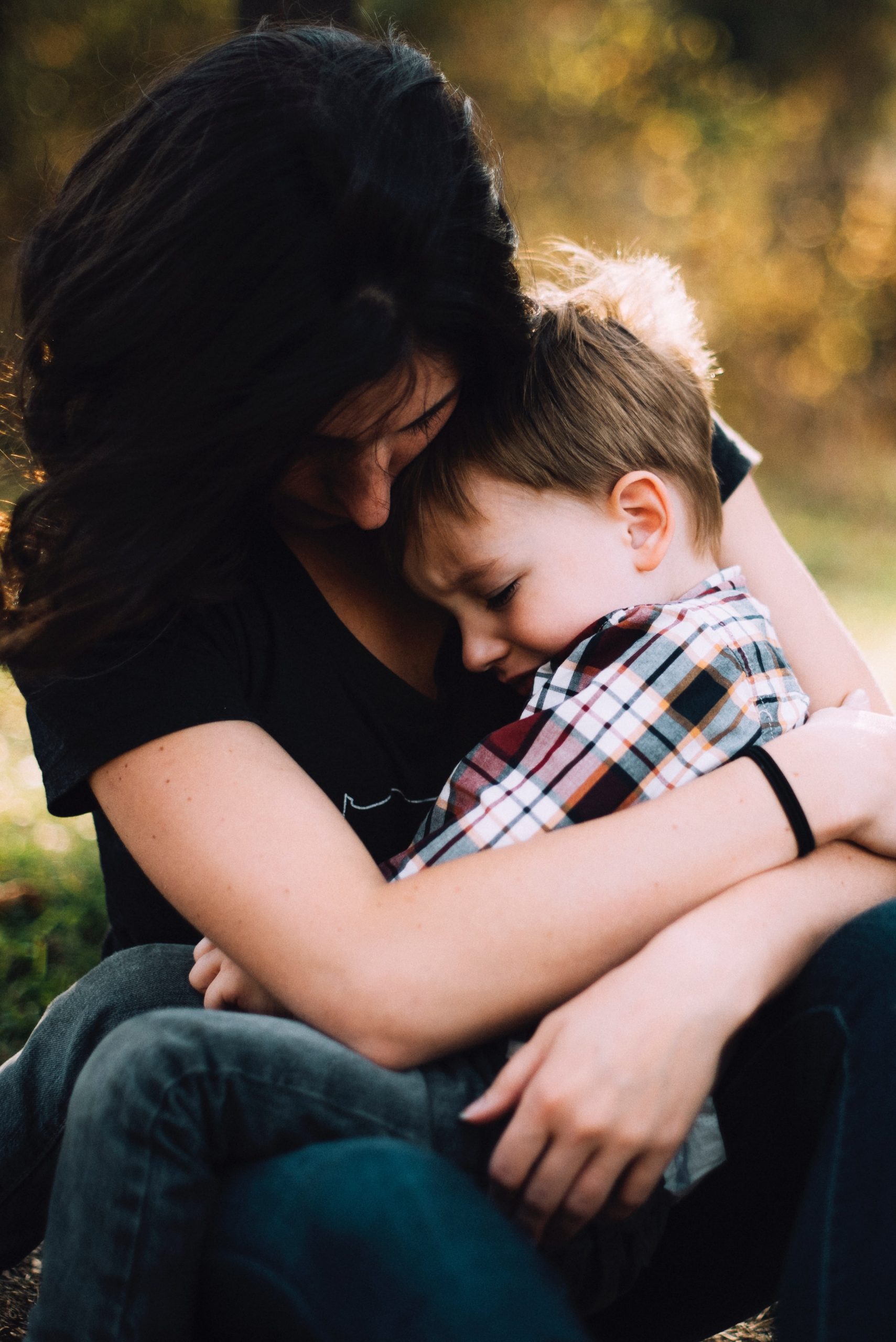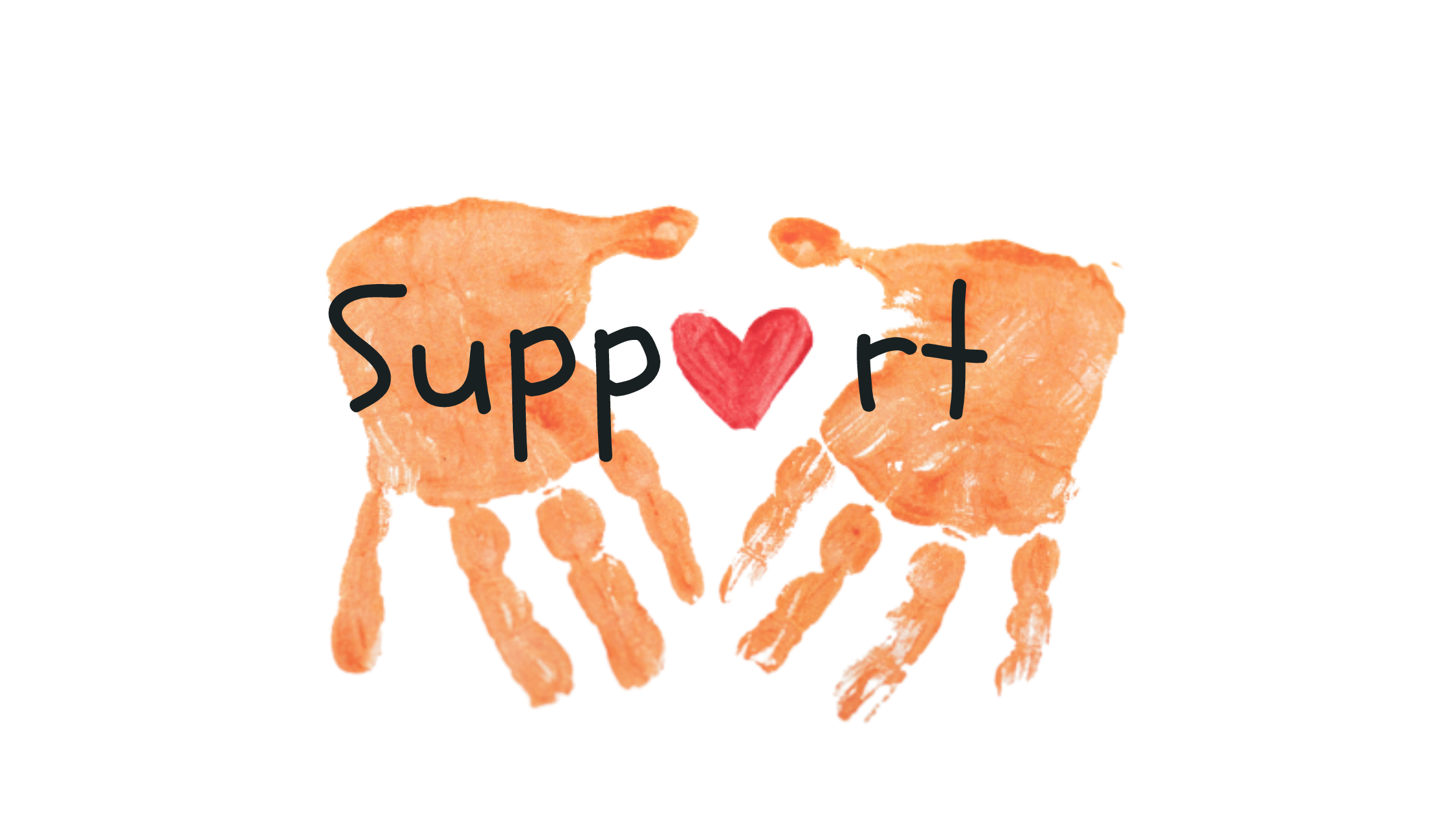Helping heal a child’s broken heart, being human means that you will experience sorrow and grief at some point in your life. No one can escape this cycle and fact of life. This reality does not take away the pain and suffering it manifests. The opposite of loss is attachment – a natural genetically programmed human phenomenon to connect deeply to another to enrich our lives and give it meaning. A child with a secure loving attachment provides him with strength, resilience and a sense of safety in the world.
This sense of safety then becomes the building block for the child to want to explore his world with greater ease.
When a child has lost a significant caregiver like a parent, the loss can shatter his world and the pain can be unbearable.
Losing a parent
Losing a parent at a young age can profoundly affect the child in a profound way – their sense of their world as well as the way they perceive themselves in it. Their sense of safety is compromised and often children do not have the vocabulary to express in words what they are experiencing and often shut off or their behaviour changes.
- 1 in 5 children have a learning, emotional or behavioural problem due to the family system changing.
- A large group of nine-year-olds and younger who have been suspended from school for bad behaviour have suffered bereavement.
- 70% of men in prison suffered a childhood broken attachment.
- Every 78 seconds a teen attempts suicide (U.S.) and 63% of suicides are individuals from single parent families.
Often in private practice children that have lost a parent or a significant other will have anticipatory fears of losing other special people in their lives and then display signs of separation anxiety and avoidance –school refusing, withdrawal from friends, nor wanting to learn new things as these require the child to expand his sense of self and take risks.
Clinginess towards the remaining parent manifests as a result. This is an unconscious strategy the fearful child uses as a desperate attempt to control his environment and feel omnipotent in his world.
A young eight-year-old boy lost his father in a dreadful and traumatic hijacking.
He came to see me for play therapy at PsychMatters Centre as he displayed severe separation anxiety and school truancy. He would often complain of stomach aches and headaches (with no medical explanation.) He felt he needed to be home with his mother so that he could protect her from anticipatory danger.
The fear was very real for him and he was tormented with wanting to die to be with his father (as a magical reunion) but not wanting to leave his mother behind in an unsafe world.
Children have an exceptional ability to make meaning through play, and in his therapeutic process, one of the most magical moments was when he took the paper and spontaneously drew a picture of the hijackers shooting hearts at his dad, and instead of dying, people would love each other instead of hating and killing each other.
He then said to me if he were to be the president of the world he would invent these “love bullets.” He moved me to tears. He got me to imagine a world made of love, tolerance, and connectedness for a brief moment.
The Grieving child at risk for clinical depression:
- Children whose parents are depressed are three times at risk.
- Children who are not helped with their loss.
- Children who have no one they are emotionally close to.
- Children who display long-lasting numbness as a way to cut out the pain, are at risk of depression. Avoid telling a child “Big boys don’t cry”
Knowing what to say
Knowing what to say to a child after losing his parent, is easier if once their concept of death is better understood. All children develop at different rates and their timetables and psychological needs can be different to adults.
They cannot be overwhelmed by the grief adults around them feel, and need outlets such as play, being with friends, and laughing which should not be perceived as being flippant of the grief they are experiencing.
A child’s perception between three and six years old of death is that it is reversible and temporary, that people who die will come back. They see death as going to sleep or when a parent goes to work. The child may show little anxiety due to the belief that the deceased is coming back.
- “Magical thinking” is a cognitive distortion – when thoughts, actions, or words caused the death; or it has the power to bring the deceased back, or death is punishment for bad behaviour
- Still greatly impacted by parent’s emotional state
- Has difficulty handling abstract concepts such as heaven
- Regressive behaviours; bed wetting, security blanket, thumb sucking, etc.
- Difficulty verbalizing therefore acts out feelings and somatic symptoms displayed
- Increased aggression – more irritable, aggressive play
- Will ask the same questions repeatedly in effort to begin making sense of the loss
- Only capable of showing sadness for short periods of time
- Escapes into play
- Hungers for affection and physical contact, even from strangers
Six to nine-year-olds
Six to nine-year-olds understand death as a finality. They experience death as a taker or spirit that comes and gets you.
1. Fear that death is contagious and other loved ones will “catch it” and die too
2. Fascinated with issues of mutilation; very curious about what body looks like
3. Asks concrete questions
4. Excessive guilt and may blame self for death
5. May worry how the deceased can eat and breathe
6. Continues to have difficulty expressing feelings verbally
7. Increased aggression and defends against feeling helpless
8. Somatic symptoms (headaches, stomach aches, bodily pains)
9. School phobia
10. Continues to have difficulty comprehending abstractions such as heaven, and spirituality.
Grieving is complex
Grieving is complex but not beyond your skill as a sensitive and caring adult to help a child through it.
Providing Support:
- Talk with the child and tell them the truth in a way he can understand. An adult close to the child should share the sad news.
- Let the child be included in the grieving and funeral proceedings as this will assist in them feeling included and will diminish their sense of being abandoned.
- Let them ask questions
- Make sure the child’ does not feel responsible in any way
- Identify specific fears
- Provide the opportunity for play, drawing, art
- Normalise feelings and fears
- Address distortions and perceptions
- Be honest and tell a child if you do not have an answer
- Help to cope with impulse control
- Help them share bad dreams
- Help them with positive memories of the deceased
- Model healthy coping behaviours
- Avoid clichés; “Don’t worry, things will be O.K.”, “You’re such a strong boy/girl”
- Use specific, concrete words – not euphemisms; Avoid “Mommy went to sleep and is now in heaven”, rather “Your mom was very sick and the sickness made her die”
- Expect some regressive behaviours and delays.
Nine to Thirteen Years
Nine to Thirteen Years understanding is nearer to an adult understanding of death and more aware of death’s finality and impact on them. They are more concerned with how their world will change; with the loss of the relationship.
” Who will go with me to the father-daughter dance?”
1. Questions have stopped
2. Fragile independence
3. Reluctant to open up
4. Delayed reactions – at first seems as if nothing has happened, then grief reaction may show a strong degree of affect
5. Beginning to develop an interest in spiritual rituals
6. Disrupted relationships with peers
7. Increased anger, guilt
8. Somatic symptoms
9. School phobia
10. Self-conscious about their fears (of own death, remaining parents)
Providing Support:
• Encourage discussion of their concerns
• Provide & encourage expressive experiences such as writing or drawing
• Address impulse toward acting out and allow an opportunity to identify their feelings
• Allow for regressive behaviours
• Be honest and tell a child when you do not have an answer
• Gently relieve the child from attempts to take over adult responsibilities
• Model healthy coping behaviours
• Avoid clichés; Avoid “You must be strong so I don’t have to worry about you”, “Big boy’s don’t cry”
Adolescents
Adolescents’ perceive death like adults. Death is viewed as an interruption. Adolescents are at risk of dangerous and impulsive behaviours as a way to reduce anxiety or to defy fate. They may drive fast, use drugs or alcohol or sexually act out. They have an amplified vulnerability due to many other changes and losses simultaneously occurring in their lives.May intellectualize or romanticize death
- May act indifferent to death of someone close as a protection against feelings
- May show full range of affect or almost no affect
- Wants to grieve with her/his peers not adults
- May need permission to grieve
- Suicidal thoughts
- Denial – tries not to think about it, doesn’t want to talk about it or represses sadness, feels anger, depression
- Difficulty with long-term plans
- Somatic symptoms
- Questions religious/spiritual beliefs
As custodians of our children, we would like to protect our children from experiencing pain, but we cannot cocoon them from loss. As we empower them to express their feelings, help them to say goodbye and continue living, we are helping them develop a realistic view of life and the resilience to cope.
Professional help in the form of play therapy can assist a child in the grieving process and assist in providing a safe space to contain difficult feelings and behaviours and transmute the suffering into acceptance.
Parental guidance with a PsychMatters resident psychologist can also be useful in helping you navigate the loss with your child lovingly and constructively. For further assistance contact PsychMatters on +27114503576 / info@psychmatters.co.za or visit us on www.psychmatters.co.za
Sources:
Hospice of Southeastern Connecticut Bereavement Program
Helping children with Loss, 2011. Sutherland (M); Armstrong (N). Speechmark.
www.griefspeaks.com




